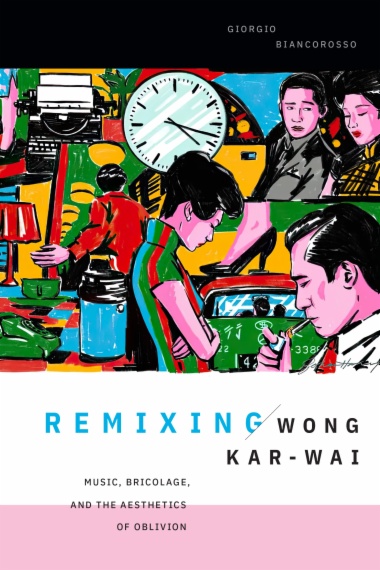Like his fellow filmmakers Stanley Kubrick, Quentin Tarantino, and Sofia Coppola, Wong Kar-wai crafts the soundtracks of his films by jettisoning original scores in favor of commercial recordings. In Remixing Wong Kar-wai, Giorgio Biancorosso examines the combinatorial practice at the heart of Wong’s cinema to retheorize musical borrowing, appropriation, and repurposing. Wong’s irrepressible penchant for poaching music from other films—whether old Chinese melodramas, Hollywood blockbusters, or European art films—subsumes familiar music under his own brand of cinema. As Wong combs through musical and cinematic archives and splices disparate music together, exceedingly well-known music loses its previous associations and acquires an infinite new constellation of meanings in his films. Drawing on Claude Lévi-Strauss’s concept of bricolage, Biancorosso contends that Wong’s borrowing is akin to a practice of creative destruction in which Wong becomes a bricoleur who remixes music at hand to create new and complete, self-sustaining statements. By outlining Wong’s modus operandi of indiscriminate borrowing and remixing, Biancorosso prompts readers to reconsider the significance of transforming preexisting music into new compositions for film and beyond.
- Contents
- Acknowledgments����������������������
- Introduction Musical Borrowing Redux
- One. Splicing
- Two. Poaching
- Three. Owning
- Four. Redressing
- Five. Oblivion
- Notes������������
- Bibliography�������������������
- Index������������

